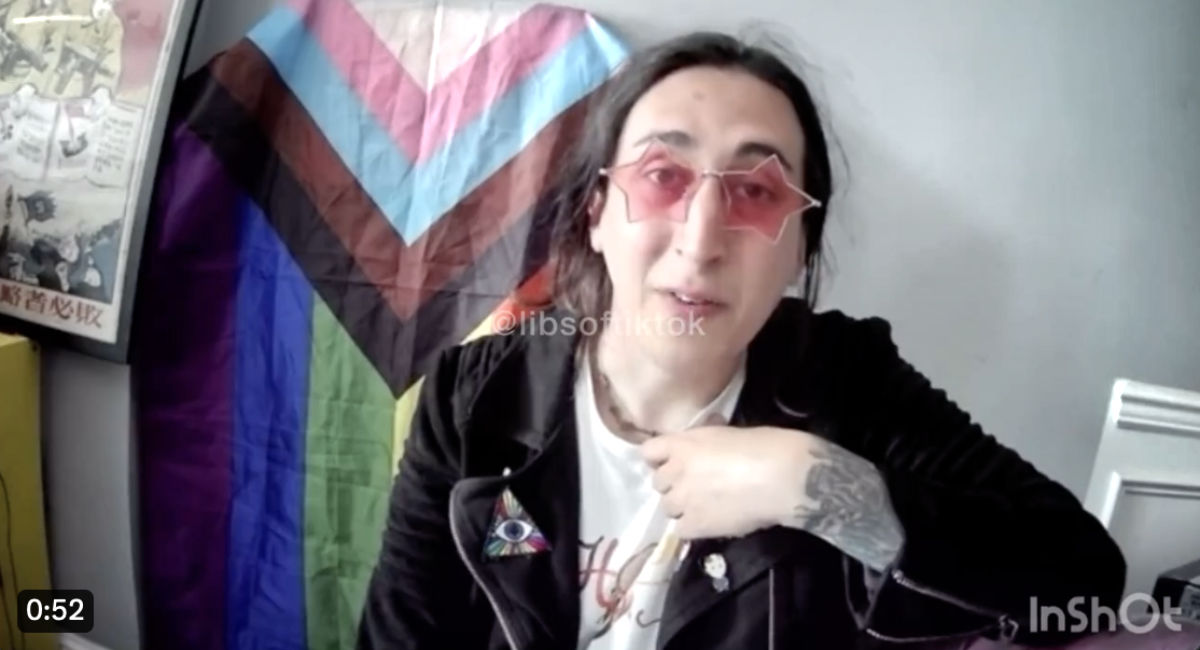Multi Sport
DA
Wondering if SCE is going to be proactive by cutting off power to areas with above ground power lines. Apparently Hawaii decided not to do that and we're seeing the results. So with this incoming storm you'd think/hope that there is a plan in place.. but it's California.






